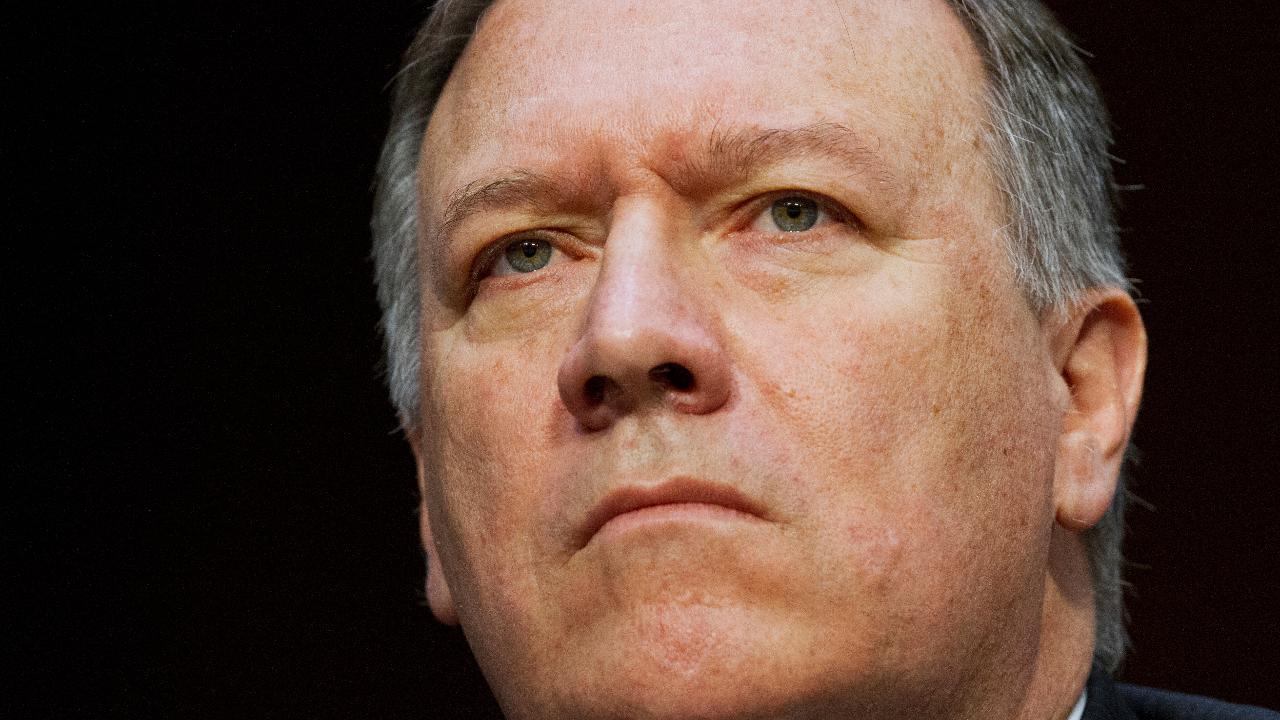Trump taps Pompeo as Tillerson's replacement: Iran sanctions to follow?
President Donald Trump’s nomination of CIA Director Mike Pompeo to replace ousted Secretary of State Rex Tillerson could have profound implications when it comes to U.S. policy toward Iran.
While Trump has mentioned pulling out of the Iran nuclear deal, which he has called the “worst” ever negotiated, Tillerson was widely known as a proponent of remaining in the accord, which was negotiated under President Barack Obama. Pompeo, on the other hand, has been a vocal critic of the deal.
“Mike Pompeo’s impending move to secretary of state is sure to result in a much more hawkish and confrontational U.S. policy towards Iran,” John Glaser, director of foreign policy studies at the Cato Institute, told FOX Business. “Tillerson had reliably, if unsuccessfully, pushed back against President Trump’s more aggressive instincts on Iran … Pompeo, by contrast, joined President Trump in his deep hostility to the Iran nuclear deal.”
On Tuesday afternoon, Trump mentioned the Iran deal when asked by reporters about the high-level shakeup: “When you look at the Iran deal, I think it’s terrible; I guess [Tillerson] thought it was OK. I wanted to either break it or do something, and he felt a little bit differently.”
If Pompeo is approved for the top spot at the State Department, experts expect the U.S. could formally withdraw from the Iran deal, which provided billions of dollars’ worth of sanction relief to the country in exchange for its promise to scale back its nuclear program.
“The president is moving toward withdrawing from the Iran deal, and I believe he will now have a secretary of state who will support him,” Fred Fleitz, senior vice president for policy and programs at the Center for Security Policy, told FOX Business.
Fleitz, who worked at both the State Department and the CIA, said that differences over Iran deal were probably not the only factor that led to Tillerson’s exit. Fleitz cited Tillerson’s failure to appropriately promote the president’s foreign policy agenda and an expensive reorganization plan as two additional factors that caused tension within the administration for the former ExxonMobil chief.
President Donald Trump is required under the Iran deal to waive sanctions against Tehran again in May, which the administration said in January it had done for the last time. With Pompeo at the helm of the State Department, some believe that threat could easily become a reality.
“Trump has vowed not to [waive sanctions], effectively abrogating the deal, unless tougher terms are unilaterally imposed on Iran,” Glaser said. “Pompeo is surely an ally in that dangerous gambit.”
The imposition of additional sanctions against Tehran could have implications for a number of multinational companies, including Boeing, which have rushed to tap the Iranian market since sanction relief was provided in 2015 under the Joint Comprehensive Plan of Action, as the Iran deal is known. Boeing, who has agreed to sell jetliners to Iran, has repeatedly said it would comply with sanctions should they “snap back” into place.
Airbus, Royal Dutch Shell and Total also have deals with Iran, which could be affected by a change in U.S. policy.
Last year, Trump refused to certify the Iran deal. In January, he implemented sanctions against 14 people and entities, some involved with Iran’s ballistic missile program.




















